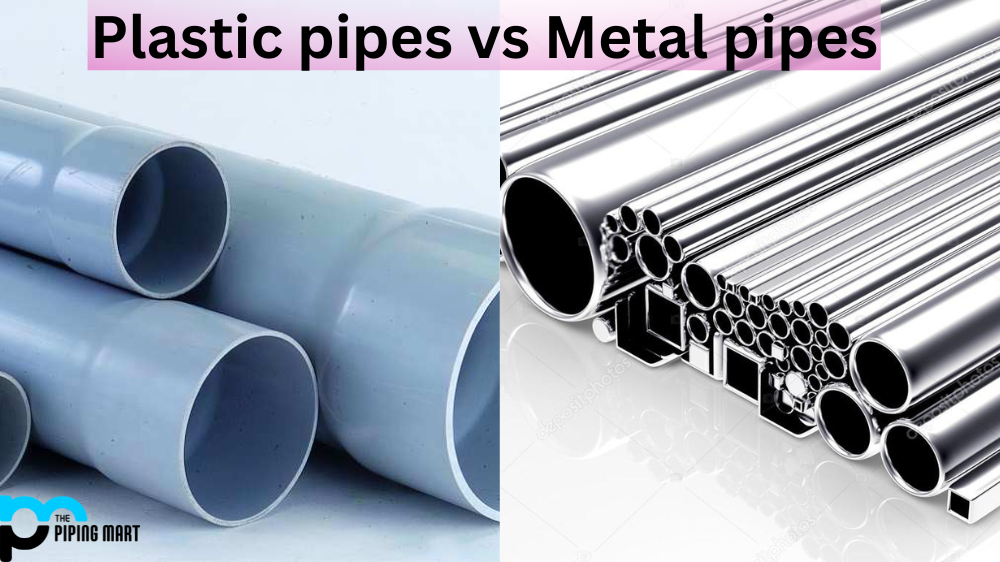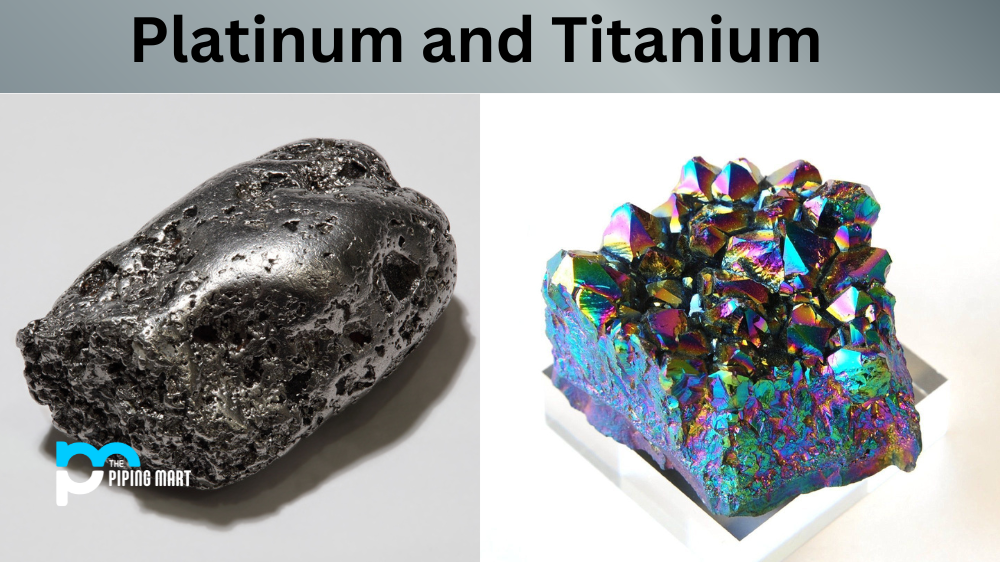Whether you are a professional plumber or planning to do some DIY plumbing work, it’s important to know the pros and cons of using plastic and metal pipes for your project. From corrosion resistance to flexibility and cost, there are several factors to consider when deciding which type of pipe is right for you. Let’s explore what each has to offer so you can make an informed decision!
Advantages of Plastic Pipes
Plastic pipes have some definite advantages over their metal counterparts. For one, they are incredibly resistant to corrosion and rust, making them ideal in wet areas where metals would quickly erode away. They also tend to be much lighter than metal pipes, making them easier to transport and install. Plus, since they come in long rolls of tubing, they don’t require any joints or connections that could potentially spring a leak in the future. Lastly, plastic pipes are much less expensive than metal pipes, making them a more budget-friendly option for many homeowners and contractors alike.
- Plastic pipes are more durable than metal pipes.
- Plastic pipes are less likely to corrode than metal pipes.
- Plastic pipes are lighter in weight than metal pipes, making them easier to transport and install.
- Plastic pipes have a lower thermal conductivity than metal pipes, meaning they can better insulate against heat loss.
- Plastic pipes are less expensive than metal pipes.
Advantages of Metal Pipes
Metal pipes certainly have their advantages as well. To begin with, they are highly durable and can withstand extreme temperatures without cracking or warping, as plastic pipes may do under similar circumstances. Furthermore, metal pipes provide excellent insulation from heat transfer due to their high thermal conductivity—a great benefit if you live in an area with cold winters! Additionally, metal pipes can be bent into different shapes for more complex plumbing projects if needed. Lastly, although they may cost more upfront than plastic pipes, metal ones will last longer with proper maintenance over time, making them a more economical option in the long run.
- Metal pipes are more durable than plastic pipes.
- Metal pipes are less likely to break or crack than plastic pipes.
- Metal pipes can withstand high temperatures and pressures better than plastic pipes.
- Metal pipes are more resistant to chemical corrosion than plastic pipes.
- Metal pipes can be recycled, while plastic pipes must be disposed of in landfill sites.
Conclusion:
At the end of the day, when it comes to choosing between plastic vs. metal piping materials for your next project, there is no one-size-fits-all solution; rather, it will depend on your specific needs and preferences as well as your budget constraints. That said, both materials have their own unique benefits that should be taken into consideration before selecting which one is best suited for the job at hand! Ultimately by weighing out the pros and cons of each material, you’ll be able to make an educated decision that best meets both your practical requirements and financial goals!

A passionate metal industry expert and blogger. With over 5 years of experience in the field, Palak brings a wealth of knowledge and insight to her writing. Whether discussing the latest trends in the metal industry or sharing tips, she is dedicated to helping others succeed in the metal industry.




